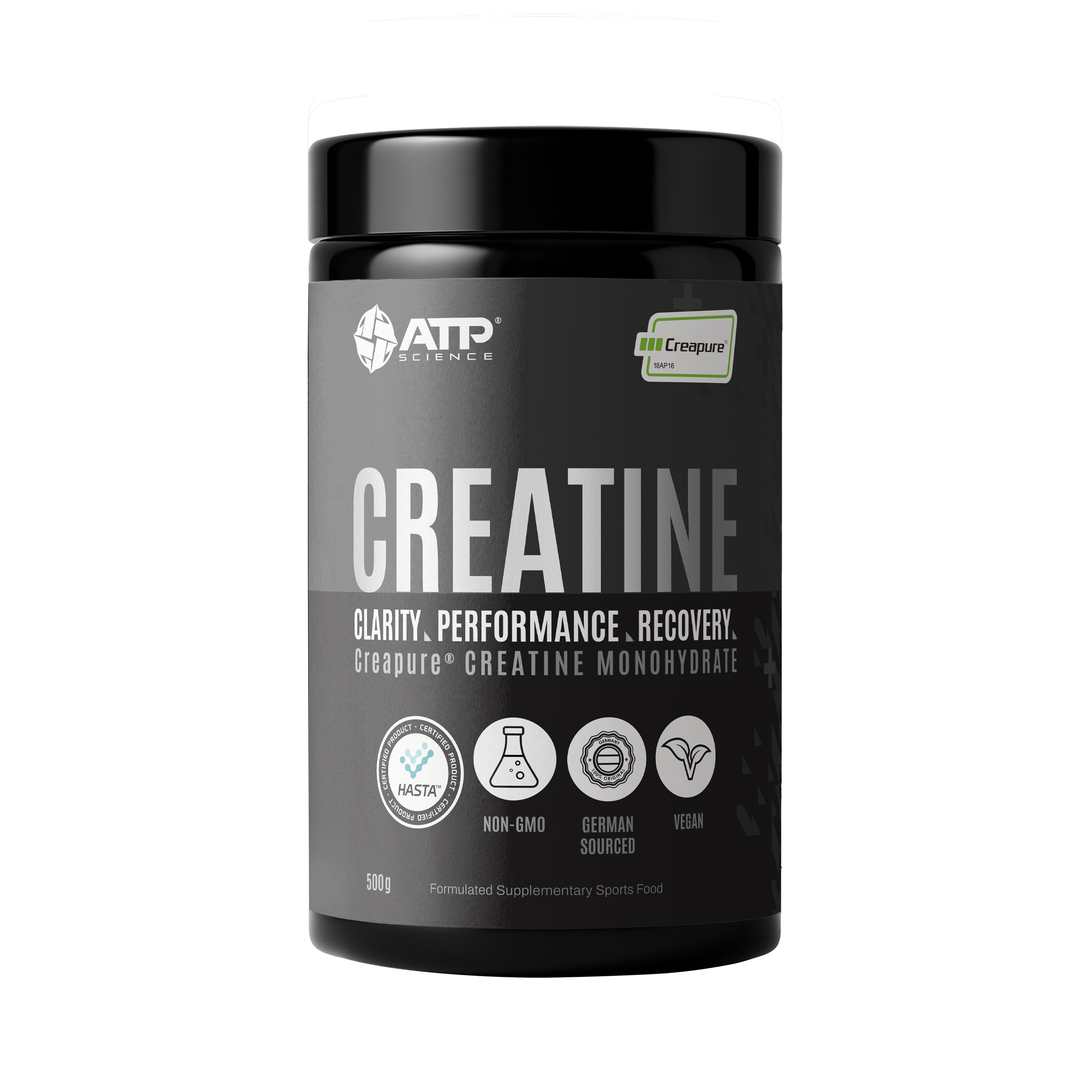3 Reasons Not to Diet This Year and What To Do Instead.
It is the beginning of the year, and about now is when it starts to feel like time for a “fresh start”. This is the time to remind yourself that creating unrealistic goals to follow a strict diet and exercise routine that does not align with your lifestyle never works long-term. Let 2023 be the year of no unnecessary diets and instead all about embracing a “dietary pattern” that will actually work for you, slowly and mindfully. Why should diets be on your NO list this year and what can you do instead so you are moving towards living life to the fullest while also being health conscious?
1. Diets Can Lead To Weight Gain.
We know that after calorie restriction and successful weight loss, most people will have regained most or all weight back after a 5-year period. (1,2) There are a few reasons that weight gain can occur after following a diet. You may know the obvious one, if you go back to old habits then your old body will also come back. The question is, why did you go back to old habits? Not being able to control yourself and stay motivated can occur for many reasons, if you are following a diet and start to feel like you are craving certain foods and your NEED for them is leading to binges, there is a very real explanation for this. During and following intense calorie restriction specific biological mechanisms occur that cause unwanted changes in gut hormones, metabolism regulation, and the ability for you to naturally regulate food intake through satiety (feeling full) cues. This leads to an overwhelming desire to eat more “no list” foods, being unable to sense when your body has indeed consumed enough. Add in a metabolism that is even less capable of managing this than before the diet started and you have the perfect weight gain storm. (3). It can even be possible to regain more weight than you originally started with. (4)
What To Do?
Try not to get caught up in the need to lose weight or transform your body composition quickly. Sit with yourself, love yourself, and work on a slow plan to figure out what changes you want to make to your diet and lifestyle. Taking it one step at a time could see you succeed. If you don’t even know where to start then make finding out your starting point. The health and wellness space can be confusing, especially when trying to make weight or body composition changes, seek help to determine the truth from fiction or do your own research if you have the time. This could be the event that sparks a cascade of “forever changes”, not a couple of months of feeling good before going back to square one.
2. Calorie Restriction Can Slow Down Your Metabolism
When you take drastic weight loss measures and are not eating enough calories, your body goes into survival mode which flicks a switch on your metabolism that tells your body to hold on to all that you can! (5,6) This can cause a halt in weight loss efforts and also contribute to quick regaining once a diet is stopped. Changes in metabolism can actually be a good thing, It becomes an issue when you go too hard too fast and then stop all healthy choices altogether.
What To Do?
If you are working on optimising your body composition by losing weight in a steady and sustainable way, doing this in combination with lifestyle changes and a sustainable exercise regime is best. Pairing diet with exercise can help with metabolism changes to keep weight off. (7) A change in metabolism is not actually a bad thing, if you are taking the slow and steady approach that you can continue to maintain, you can ignite a change in appetite-regulating hormones and shrink fat cells for long-term benefits.
3. Diets Can Alter Your Gut Microbiome.
It is no secret that what you are feeding yourself is also feeding your gut microbiome and this can have a flow-on effect for…everything! Research shows the importance of the gut microbiome for many health outcomes (8). Restrictive diets can decrease your food variety and volume which can impact the diversity of your gut microbiome. For example, when following a diet and reducing calories, a popular option is to significantly reduce all carbohydrates (all carbs are not necessarily the enemy) and increase protein. Research has found that this change can cause an increase in detrimental gut bacteria such as Streptococcus, E. coli/Shigella, and Enterococcus and a decrease in butyrate indicating low good bacteria levels. (9)
What To Do?
This is a perfect example of when a dietary pattern and lifestyle approach is key instead of calorie restriction. Sometimes weight loss is not a good indicator of health and with all weight loss goals good health should be at the top of your priority list. Dietary patterns that promote variety vs restriction such as the Mediterranean diet are linked with a healthy gut microbiome and reduced obesity rates.(8) Instead of restricting calories and whole food groups, a focus on consuming quality whole foods such as legumes, colourful vegetables and fruits, healthy fats, seafood, or good quality meat 2-3 times a week, and little to no processed meat could be the change you, your waist and your microbiome need.
The Take Home.
Diets can make you hate the three things that you should be actively nurturing, your relationship with exercise, food, and yourself. You really don’t need a “fresh start” this year or any year. Instead, try choosing a small goal that you can confidently, willingly, and happily add to your daily, weekly, or monthly routine. Whatever opportunity is available to you right now can be enough if you let it be.
References
- Spreckley M, Seidell J, Halberstadt J. Perspectives into the experience of successful, substantial long-term weight-loss maintenance: a systematic review. Int J Qual Stud Health Well-being. 2021 Dec;16(1):1862481. doi: 10.1080/17482631.2020.1862481. PMID: 33455563; PMCID: PMC7833027.
- https://pubmed.ncbi.nlm.nih.gov/?term=Long-term+weight-loss+maintenance%3A+a+meta-analysis+of+US+studies&filter=datesearch.y_10
- https://pubmed.ncbi.nlm.nih.gov/33461826/
- Dulloo AG, Jacquet J, Montani JP. How dieting makes some fatter: from a perspective of human body composition autoregulation. Proc Nutr Soc. 2012 Aug;71(3):379-89. doi: 10.1017/S0029665112000225. Epub 2012 Apr 5. PMID: 22475574.
- Müller MJ, Enderle J, Pourhassan M, Braun W, Eggeling B, Lagerpusch M, Glüer CC, Kehayias JJ, Kiosz D, Bosy-Westphal A. Metabolic adaptation to caloric restriction and subsequent refeeding: the Minnesota Starvation Experiment revisited. Am J Clin Nutr. 2015 Oct;102(4):807-19. doi: 10.3945/ajcn.115.109173. Epub 2015 Sep 23. PMID: 26399868.
- Kouda K, Nakamura H, Kohno H, Okuda T, Higashine Y, Hisamori K, Ishihara H, Tokunaga R, Sonoda Y. Metabolic response to short-term 4-day energy restriction in a controlled study. Environ Health Prev Med. 2006 Mar;11(2):89-92. doi: 10.1007/BF02898148. PMID: 21432368; PMCID: PMC2723638.
- (Redman LM, Heilbronn LK, Martin CK, de Jonge L, Williamson DA, Delany JP, Ravussin E; Pennington CALERIE Team. Metabolic and behavioral compensations in response to caloric restriction: implications for the maintenance of weight loss. PLoS One. 2009;4(2):e4377. doi: 10.1371/journal.pone.0004377. Epub 2009 Feb 9. PMID: 19198647; PMCID: PMC2634841.)
- Singh RK, Chang HW, Yan D, Lee KM, Ucmak D, Wong K, Abrouk M, Farahnik B, Nakamura M, Zhu TH, Bhutani T, Liao W. Influence of diet on the gut microbiome and implications for human health. J Transl Med. 2017 Apr 8;15(1):73. doi: 10.1186/s12967-017-1175-y. PMID: 28388917; PMCID: PMC5385025.
- Russell W.R., Gratz S.W., Duncan S.H., Holtrop G., Ince J., Scobbie L., Duncan G., Johnstone A.M., Lobley G.E., Wallace R.J., et al. High-protein, reduced-carbohydrate weight-loss diets promote metabolite profiles likely to be detrimental to colonic health. Am. J. Clin. Nutr. 2011;93:1062–1072. doi: 10.3945/ajcn.110.002188.


















